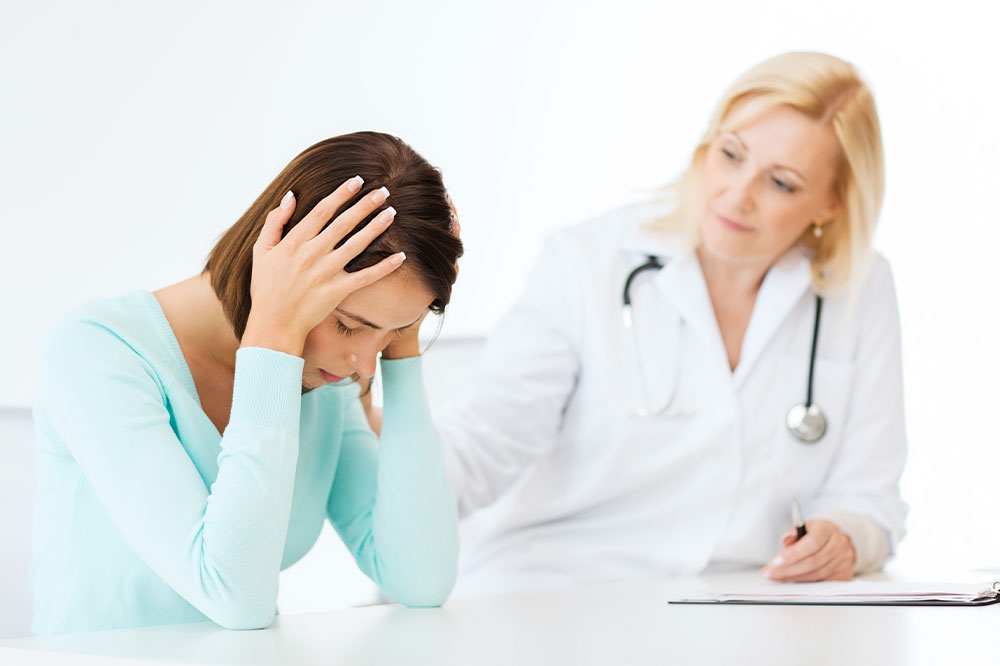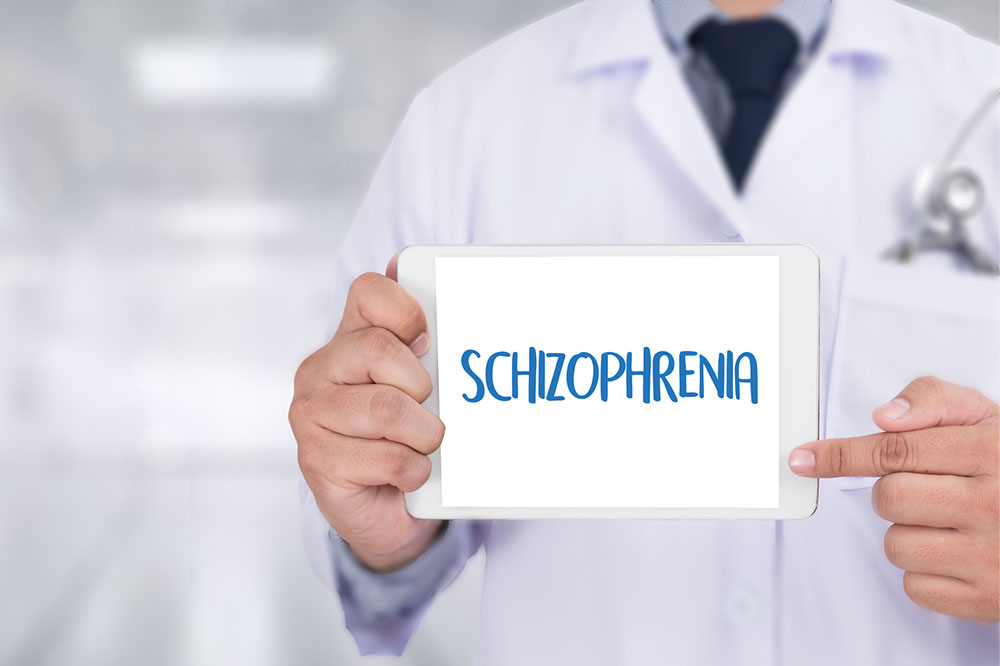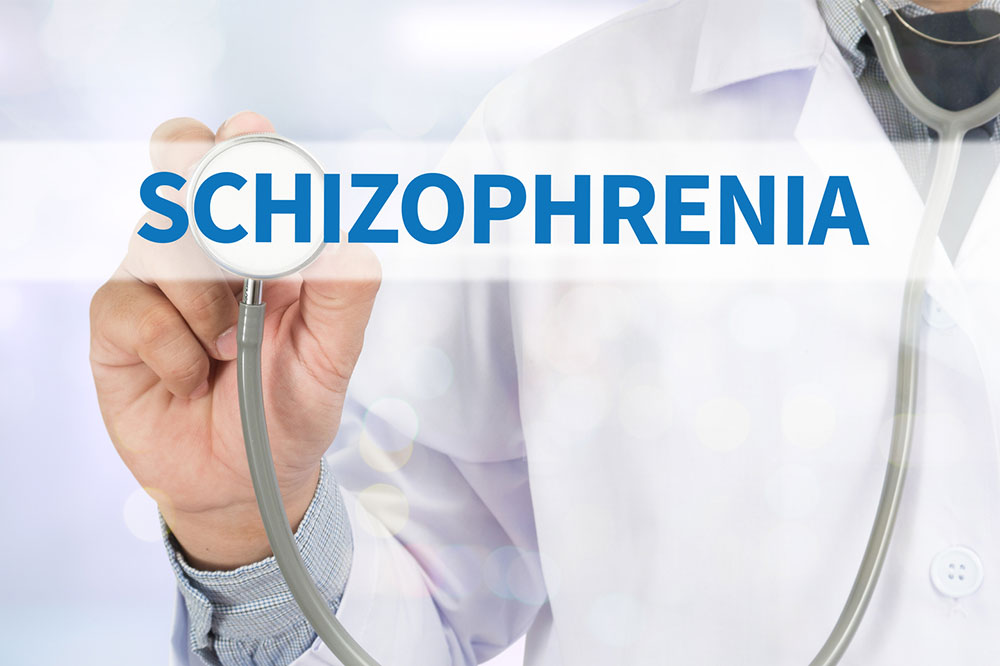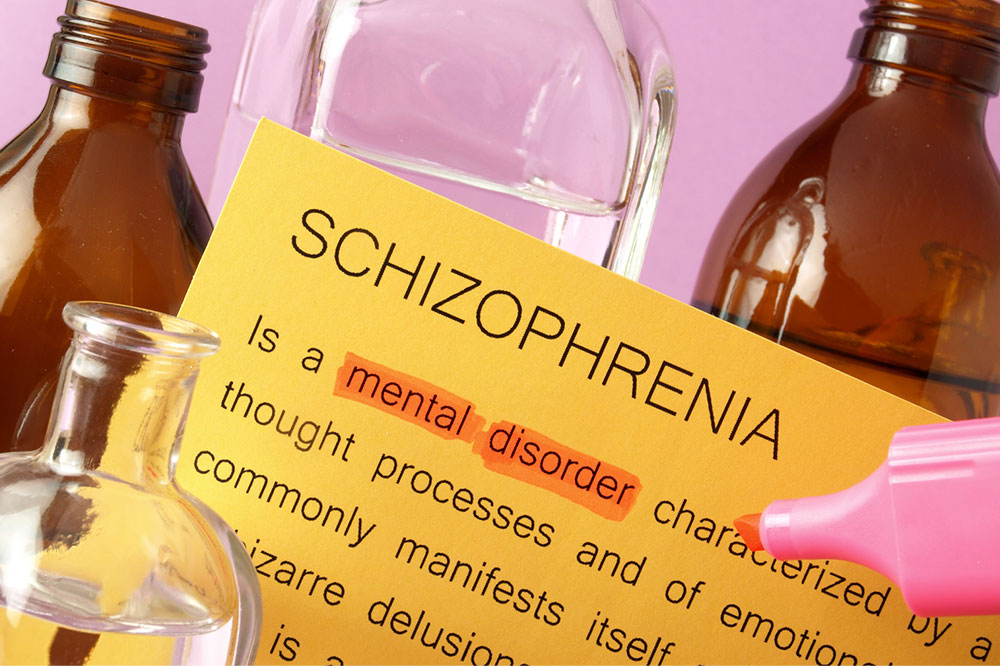Comprehensive Guide to Major Depressive Disorder: Causes, Symptoms, and Effective Treatments
This comprehensive guide delves into major depressive disorder, exploring its causes, early symptoms, and diverse treatment options. It emphasizes the importance of timely diagnosis and a multidisciplinary approach involving psychotherapy, medication, and lifestyle changes. Understanding these facets is crucial for managing depression effectively and improving quality of life. Whether you're seeking knowledge for personal reasons or supporting someone else, this article provides detailed insights into combating this complex mental health condition.

Comprehensive Guide to Major Depressive Disorder: Causes, Symptoms, and Effective Treatments
Major depressive disorder (MDD), often referred to as clinical depression, is a complex mental health condition that profoundly impacts an individual's emotional, psychological, and physical well-being. It is characterized by persistent feelings of sadness, despair, and a loss of interest or pleasure in activities that were once enjoyable. This pervasive disorder can significantly disrupt daily routines, impairing work performance, damaging relationships, and reducing overall quality of life. Recognizing the symptoms early and seeking timely medical intervention are vital steps towards effective management and recovery.
Understanding the Root Causes of Major Depressive Disorder
Although the precise causes of MDD are not completely understood, extensive research indicates that a combination of genetic, biological, environmental, and psychological factors play crucial roles in its development. These interconnected influences can vary greatly among individuals, making depression a highly personalized condition that often requires a tailored approach to treatment.
Individuals who encounter traumatic life events — such as bereavement, divorce, job loss, or serious health issues — may be at increased risk of developing depression. Additionally, several other intrinsic and extrinsic factors contribute to vulnerability:
Stress from major life changes or failures
Early childhood trauma or adverse experiences
Genetic predispositions inherited from family members
Postpartum periods in women
Social isolation and loneliness
Chronic financial or occupational stress
Exposure to violence, accidents, or traumatic events
Chronic illnesses such as hypothyroidism or diabetes
Bullying, harassment, or ongoing interpersonal conflicts
Recognizing the Symptoms of Major Depression
Depression manifests through a wide spectrum of symptoms, which can greatly differ from person to person. Nevertheless, there are common psychological, emotional, and physical signs that can indicate the presence of MDD. Identifying these early symptoms is crucial for seeking appropriate help and starting effective treatment as soon as possible.
Persistent feelings of sadness, emptiness, or hopelessness
Loss of interest or pleasure in hobbies and daily activities
Significant weight changes or appetite disturbances
Difficulty sleeping or oversleeping
Notable decrease in energy and increased fatigue
Feelings of worthlessness or excessive guilt
Impaired concentration and decision-making difficulties
Recurrent thoughts of death or suicide
Severity and Advanced Features of Depression
In some cases, depression becomes more severe, leading to mental health crises. This includes the emergence of psychotic features, which demand urgent medical treatment. These severe symptoms can include:
Hallucinations — perceiving things that are not present
Delusions — holding false beliefs despite evidence to the contrary
Disorganized thoughts or speech patterns, rapid or slowed speech, and sudden withdrawal
How Is Depression Diagnosed?
Diagnosing major depressive disorder involves a comprehensive assessment by healthcare professionals. This usually includes a detailed clinical interview, physical examination, and the use of standardized questionnaires to assess symptoms and their severity. Blood tests and brain imaging techniques, such as MRI or CT scans, may be employed to rule out other medical conditions and explore neurological causes or contributing factors.
Effective Treatments for Major Depressive Disorder
Addressing depression requires a multidisciplinary approach involving mental health specialists, primary care providers, and sometimes, social support systems. The management plan is often customized based on individual needs and may span several months to ensure sustainable recovery.
Psychotherapy and Pharmacological Interventions
Psychotherapy, especially cognitive-behavioral therapy (CBT), interpersonal therapy (IPT), and psychodynamic approaches, is highly effective in helping patients understand their condition, confront negative thought patterns, and develop healthy coping mechanisms. In cases of persistent or severe depression, healthcare providers may recommend medications such as antidepressants, including SSRIs, SNRIs, or other classes, to balance brain chemistry. Advanced treatment options like brain stimulation therapies are also available, especially for treatment-resistant depression, and include:
Vagus nerve stimulation (VNS)
Electroconvulsive therapy (ECT)
Repetitive transcranial magnetic stimulation (rTMS)
Transcranial direct current stimulation (tDCS)
Supporting Recovery: Lifestyle Modifications
In addition to professional treatment, lifestyle adjustments play a crucial role in managing depression. Regularly setting achievable goals, establishing routines, engaging in physical activity, eating a balanced diet rich in nutrients, and maintaining good sleep hygiene can significantly enhance treatment outcomes. Building a supportive social network and practicing mindfulness or relaxation techniques can also help alleviate symptoms and promote mental resilience.





